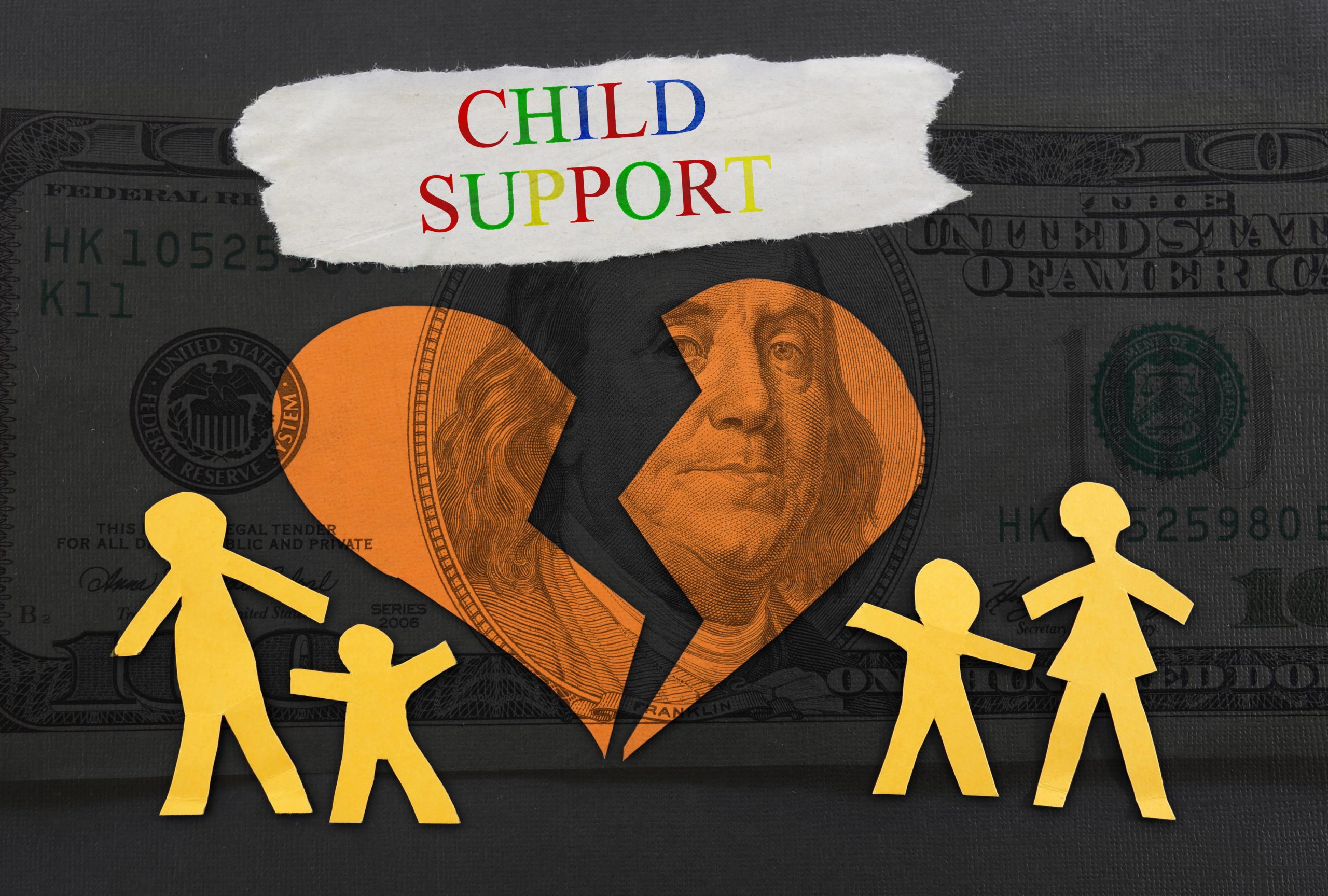Child Custody and Support Outside of Wedlock
 Navigating custody and child support cases is a normal part of course proceedings. If you happen to be an unmarried parent who has newly separated from their partner, you might be wondering if any legal provisions are in place to support you and your child. In 2018, the CDC revealed 39.6% of all births in the United States resulted from relationships outside of wedlock, so this is hardly an unusual situation. However, the information and resources available to parents going through custody-related claims in court are generally focused on situations where the parents were previously in a legally recognized union. Continue reading
Navigating custody and child support cases is a normal part of course proceedings. If you happen to be an unmarried parent who has newly separated from their partner, you might be wondering if any legal provisions are in place to support you and your child. In 2018, the CDC revealed 39.6% of all births in the United States resulted from relationships outside of wedlock, so this is hardly an unusual situation. However, the information and resources available to parents going through custody-related claims in court are generally focused on situations where the parents were previously in a legally recognized union. Continue reading
 San Diego Divorce Attorneys Blog
San Diego Divorce Attorneys Blog


 Regardless of your custody arrangement or relationship with your child’s other parent, navigating the intricacies of co-parenting over the holidays can be difficult. Holiday planning is particularly challenging this year due to the ongoing pandemic, which has introduced new obstacles and complications to anything involving travel. However, even during a normal year, the holidays inherently require a lot of work and careful communication for separated parents.
Regardless of your custody arrangement or relationship with your child’s other parent, navigating the intricacies of co-parenting over the holidays can be difficult. Holiday planning is particularly challenging this year due to the ongoing pandemic, which has introduced new obstacles and complications to anything involving travel. However, even during a normal year, the holidays inherently require a lot of work and careful communication for separated parents. 




